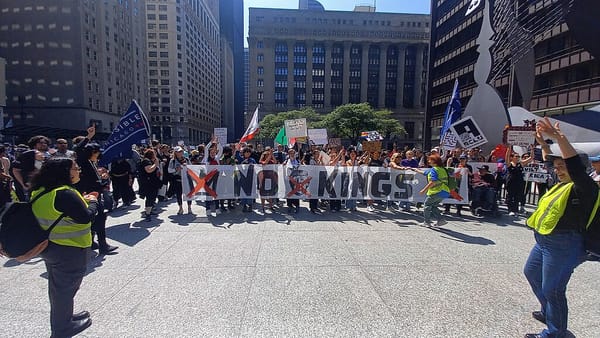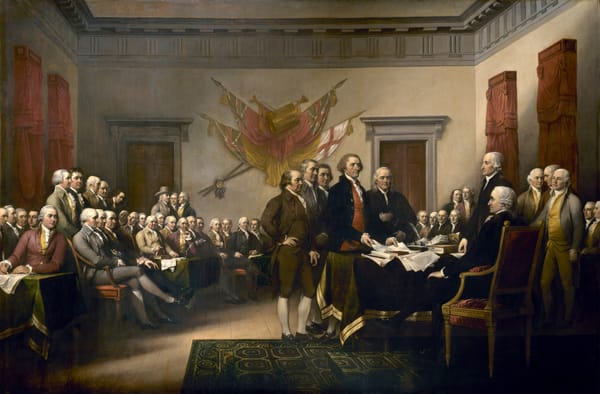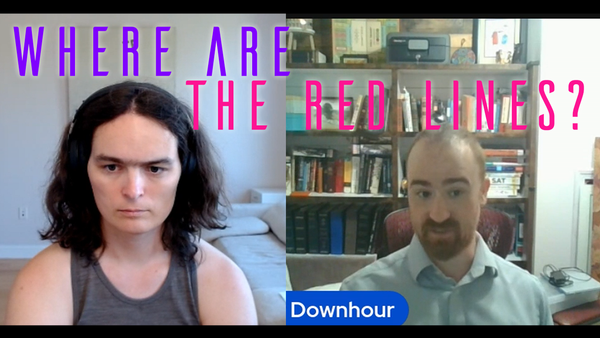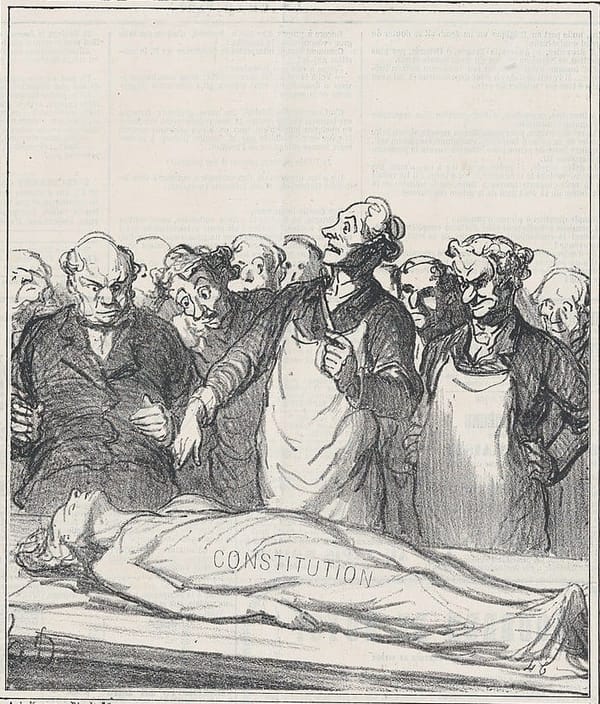Has FOSTA Accomplished Its Goals?

In April 2018, the Trump administration signed FOSTA—a combination of the Fight Online Sex Trafficking Act and the Stop Enabling Sex Traffickers Act—into law, ostensibly a response to the Section 230 protections which kept Backpage.com (a website known for its advertisements for sex workers) from being held responsible for the trafficking of minors on its platform. Section 230 of the Communications Decency Act was ground-breaking legislation passed in 1996 which shielded web publishers from legal liability for what users posted. Even though Backpage had come under the scrutiny of the Senate and dozens of attorney generals, for their inaction to protect minors from trafficking, they were protected under Section 230 which holds that “no provider or user of an interactive computer service shall be treated as the publisher or speaker of any information provided by another information content provider.”
FOSTA created an exception to Section 230 that would hold website publishers responsible if third parties were found to be posting ads for prostitution. Dena Renee, Director of Truth About Trafficking, explained the origin of FOSTA further: “FOSTA came to be as a result of the Government getting very mad at Backpage for always winning in the legal system. Backpage executives ended up being charged prior to FOSTA going into effect, but Backpage was the main agitator for this law. There are prostitution laws on the books, but none that said a website could be considered a pimp for publishing a prostitute’s offer of service. FOSTA changed that.”
Seemingly overnight, a number of platforms shut down or hugely limited the types of sexual content that could be posted. Renee said that “some shut down completely – such as CityVibe(com) and MyProviderGuide(com). TheEroticReview(com) shut down all their U.S. based sections overnight. Many websites sold to overseas interests, too afraid to continue working in an industry that could catch them 10 years of prison time. Some examples of that are Eros(com), Eccie(net), and TNAboard(com).”
Sex work ads drastically dropped with the passing of FOSTA in an effort to reduce the possibility of a charge based on the promotion of prostitution. A seemingly easy win for those who voted FOSTA into law.
Did it reduce the trafficking of persons for sexual purposes? Taina Bien-Aime, Executive Director of Coalition Against Trafficking in Women, thinks not yet. “One cannot properly assess the impact of a law if it’s never been implemented. No prosecutor, to our knowledge, has yet used FOSTA-SESTA to target websites that have knowingly facilitated sex trafficking or promoted prostitution.” She went on to explain that there is one case, against CityXGuide, that has been charged under FOSTA in October 2020, but it will be months, perhaps years to find out the outcome.
While the government claimed that FOSTA had decreased sex trafficking ads by 90%, a Washington Post analysis found that four months after FOSTA has passed, the number shot up to 75% of the original figure.
Additionally, Renee stated that “child sexual abuse/minor victims of sex abuse have also grown in numbers since FOSTA passed, indicating it has had no effect whatsoever in solving this massive problem. Sex selling websites were not where the majority of children were being trafficked: that has always been through mainstream channels and at the hands of parents, relatives, guardians and family friends. We have done nothing to help these kids.”
The lack of statistics about the outcomes of FOSTA clearly shows that the bill has not accomplished what is set out to—to reduce human trafficking online. It guised itself as helpful, but has done little to prevent human trafficking.
Identifying and prosecuting sex traffickers is a massive challenge, however, the internet has been a helpful tool to locate both traffickers and victims. A 2018 State Department report found that in 2011 fewer than 42,000 victims were found worldwide and with the help of the internet, over 100,000 in 2017. Police are increasingly admitting that FOSTA has made it more difficult to catch traffickers. With the reductions of ads, leads that the police would have had dried up. No longer could they subpoena ads or use the ads to locate victims and traffickers.
There is also the potential harm that trafficking could flourish under anti-trafficking laws like FOSTA. As prostitution is pushed underground, violence, secrecy, fear of authorities, and prosecution of potential victims, all become dangerous realities for potential victims of human trafficking.
FOSTA’s lack of efficiency not only continues to leave the problem of sex trafficking as a threat to minors and vulnerable people but has severely damaged consensual sex workers. US PROS Collective provided a detailed account of why how FOSTA has affected sex workers:
For many women in our network including women working in the streets, the impact of FOSTA has been a disaster. Some of us used the online sites while working on the streets as a way to ensure that we could make enough money to survive. We found that there was a scramble to find safe sites to post on and to find clients in a safer way post FOSTA and most of us were hurting financially. We see more women facing poverty and destitution and are not able to afford to post on the higher end sites. Most of the women in our network are mothers and caregivers who are struggling to make ends meet. Many of the free and low-cost sites are gone and the burner sites that do pop up can be sketchy. As a result, more women have to work the streets where it is more dangerous to work. We could operate more independently before FOSTA and now some of us have to depend on third parties who take a cut from our earnings and who can sometimes be exploitative. In the worst cases, FOSTA has aided in pushing sex workers into more dangerous working conditions, we face more harm, violence and even death. Being pushed offline means we are cut off from community support, safety tips, and other help and advice from fellow sex workers. Increased poverty, especially since the pandemic and especially among women, and low wages in many other jobs traditionally done by women means that people don’t have the option to leave sex work. So we are forced to take clients we would previously refused and take risks to earn enough to live on.
Clearly, not only from the previous account, but numerous others, sex workers have borne the brunt of the aftermath of FOSTA.
If FOSTA hasn’t achieved its intended purpose of minimizing, protecting and supporting victims of human trafficking, what would? US PROS Collective thinks decriminalization of sex work. “It would create a safer environment that makes it easier sex workers and victims of trafficking to come forward to report violence without fear of arrest, prosecution and retaliation and for those of us who are immigrants there would be less fear of deportation.” Currently, in a system that penalizes prostitution, victims of human trafficking may be hesitant to disclose from fear of arrest or deportation. Decriminalizing sex work would remove that barrier.
More immediately, it is essential that localized social services are prepared and willing to give victims of human trafficking the support they need. They need appropriate accommodation, trauma counselling, security, financial provisions, nutritious food, and an end to hostile immigration policies. They don’t need phone lines that they can ring which will connect them to the police. They need resources to escape and justice for their traffickers.
FOSTA has fallen short. It’s time to reconsider how budgets and resources can be poured into avenues that will bring about better protection for victims of trafficking within the sex trade.
Featured Image is Allegory of Vices, by Gustave Moreau




